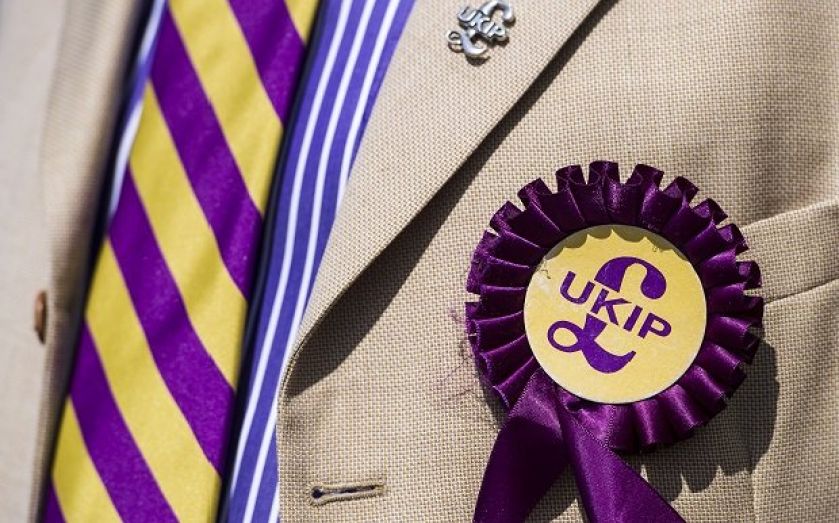Two thirds of Ukip voters want to turn the clock back 30 years and are pessimistic about the future

We knew Ukip voters were against the cosy Westminster establishment, but many may have questioned the claims of Ukip's opponents that it wants to wind the clock back to some bygone era of British greatness.
But the results of the latest YouGov poll may suggest exactly that. The survey ,conducted for the Times, showed 68 per cent of Ukip supporters would like Britain to return to the way it was 20 or 30 years ago.
This was more than double the number of Tories who said the same. No other major UK party has a majority of supporters who want Britain to return to the days of the 1990s or the 1980s. Just 19 per cent of Ukip voters are positive about Britain's future in the next few years.
Tories and Lib Dems were the most optimistic about Britain's prospects over the next two to three years, with 61 per cent and 55 per cent respectively looking forward to the future. However, just a third of Labour voters felt the same.

Once upon a time, Tory and Ukip voters were broadly similar in their attitudes toward immigration. However, this appears to have changed since Ukip's rapid growth over the past two years. A whopping 90 per cent of Ukip supporters thought immigration was bad for Britain, as opposed to 65 per cent of Tories.
The results are even more polarised when both groups are asked whether immigration has had a negative impact on the daily life of themselves and their families, with 58 per cent of Ukip voters saying it had compared to just 28 per cent of Tories.
YouGov recounted some of the reasons Ukipers gave for their hostility to immigration. One respondant said:
When I visit my family in Birmingham, I get scowled at by Asian Muslims on the train.
Another told the pollster:
My granddaughters are having difficulty getting into nearby, overcrowded schools full of kids not born in the UK and for whom English is not their first language.
However, the vast majority of the objections to immigration were focused around jobs and public services. Many of those polled thought immigrants were "sponging" off the taxpayer, and public services were being overwhelmed by rising demand without a commensurate increase in supply.

The poll shows that on the costs and benefits of immigration there appears to be a striking gap between public perceptions and empirical evidence. Of the 1.1m people claiming JSA in the UK just 38,580 come from the EU.
Two weeks ago, researchers at University College London released a report showing that between 1995 and 2011, immigrants from the EU paid £4.4bn more in tax than they took out in services.
EU and non-EU migrants are a vital part of the labour force, together making up 26 per cent of NHS doctors, 28 per cent of food preparation and hospitality workers and 22 per cent of natural and social science professionals.
However, leaving economics aside, there was also a strong cultural element to the anti-immigration feeling with suspicion of Muslims ranking highly.
On the day of the Rochester and Strood by-election, which Ukip is expected to win handsomely, the poll gives an insight into the failure of the mainstream parties to offer a coherent and positive vision of Britain's future.